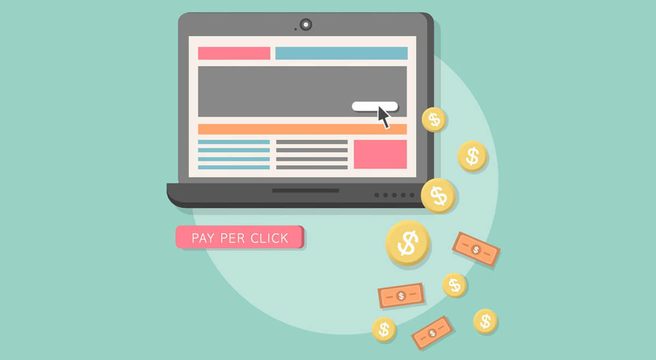 A blog is short for web log and originally, they were more about recording an individual’s activity in a diary format. To the uninitiated, it may still appear that this is what all those businesses are doing – but actually blogs are a very effective form of marketing. Of course, the type of blog that starts, “Woke up this morning, brushed my teeth, then ate cereal for breakfast” do exist, but what we are talking about here is business blogs – blogs that are specifically designed to assist with business lead generation. Your business blog should be the anchor for all your other social media activity, such as Twitter and Facebook as well as a good way of getting found directly by search engines.
A blog is short for web log and originally, they were more about recording an individual’s activity in a diary format. To the uninitiated, it may still appear that this is what all those businesses are doing – but actually blogs are a very effective form of marketing. Of course, the type of blog that starts, “Woke up this morning, brushed my teeth, then ate cereal for breakfast” do exist, but what we are talking about here is business blogs – blogs that are specifically designed to assist with business lead generation. Your business blog should be the anchor for all your other social media activity, such as Twitter and Facebook as well as a good way of getting found directly by search engines.
Blogs typically have five distinct areas:
- The heading– where you should carry over your brand design from your website (or from your business card and stationery etc.).
- The post – An area where you actually write (or post) ,
- A side Bar*- An area down the side of the screen where you can introduce interesting features, small programmes (widgets) and links to other blogs and websites that might be interesting to your intended audience. Note: Some blogs have two side bars, but this is not recommended and can be confusing in a business blog
- Comments – This is what makes blogs interesting for business as they allow readers to post comments. This is the real point of a blog, it allows for two way interaction. The number, depth and tone of comments are an indicator of your engagement with your audience.
- An RSS feed – This allows anyone interested in your posts to subscribe to your blog and to be alerted whenever you make an update. This apparently innocuous feature is such an important part of a blog and the Internet experience generally that I will need to cover it in a separate post!
How can a blog assist with lead generation?
The good thing about blogs is that they are very flexible and you can write almost anything that makes sense to your audience. In this case, the people you are trying to attract as buyers. You could just write about your product or service offering, but it is better to write in broad terms about the problems you can solve rather than write an advert for your services.
So if you mend leaky gutters, explain about the different types of gutters and what causes them to fail and about the different methods of repair available. By including terms and phrases that your prospects might search for, you increase your chances of being found on Google and Bing and other search engines. The obvious search a person might make in this case is “Leaky Gutters”, but you could also talk about the effects of leaky gutters. For example, damp walls, peeling plaster and so on. In addition, it is possible that a prospect may make a comment that indirectly or directly invites you to offer your services- so do keep an eye on the comments in your blog- and remember to respond to everyone who leaves a comment.
How does my blog relate to other social media like Twitter and Facebook?
Although it might be obvious, it is worth remembering that while Facebook and Twitter themselves are great as tools for promoting your business, they are someone else’s property. They have strict guidelines about how and when you can collect potential customer names and what you can do with those names. Contrast this with your own hosted business Blog. You have full control and you own any data created. Your job is to move people from Facebook and Twitter to your Blog and to your website by posting the most interesting and relevant content you can. There is no reason why you can’t have as many people subscribing to your blog as you have on Twitter and Facebook.
How much does it cost to run a business blog?
The direct costs are relatively small. If you have an existing website, it might be possible to talk to your supplier and ask them to set up a blog as a new tab on your website (and this can have some search engine optimisation benefits). Alternatively, you can set up a blog on a new website that still references your brand name in the web address and would cost perhaps £10/month. This is useful with larger companies where it helps that the blog appears somewhat independent from the main website. (Almost like an insider’s view). And if that is too much, then you can have your new blog hosted for free with, for example, WordPress.com. or Google’s Blogger amongst others. Bear in mind that the “hidden cost” with free blog tools is that you will not get the search engine benefit that you do by hosting your own blog. That said, the free blogs are a good place to start and much better than nothing.
The real cost in running a blog is your time- only you can put a price on that, but bear in mind that search engines like Google have a habit of promoting sites with content that is bigger and better and more up to date (more relevant). Over time, those companies with successful blogs (and websites) will get bigger and get more attention from the search engines – so they grow bigger- need I say more?
* There is debate about whether the meaning of “side bar” is literal, a column at the side of the screen, or whether this is actually a reference to the secondary (much weaker) signal you might receive on a nearly tuned radio.





